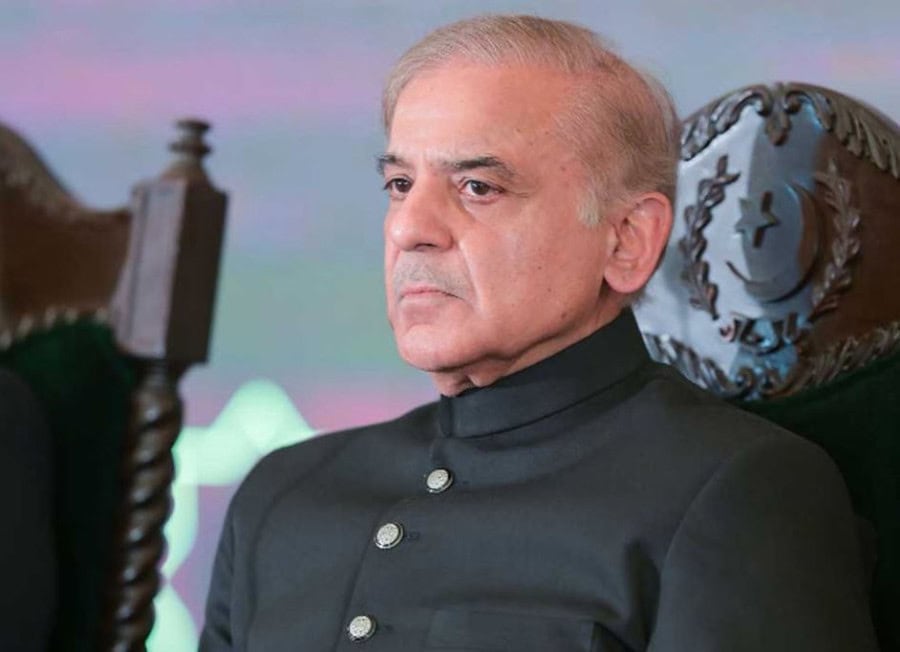Prime Minister Shehbaz Sharif on Tuesday launched a “revolutionary” project to solarise 100,000 agricultural tube wells across the country at a cost of Rs377 billion which according to him was inevitable and the only way forward to make the country progress.
While addressing the launching ceremony here which marked the distribution of solar tube well certificates to Islamabad-based-farmers, he said: “This is a revolutionary step as without it, no one can think of Pakistan making progress… I want to give a message that no other project can match the significance of solar energy.”
Calling agriculture the only sector to turn around the national economy, Premier Shehbaz Sharif said the provision of low-cost power supply was inevitable to not only the farmers but also the households, shopkeepers and industry to make the exports competitive.
Lamenting the previous governments’ negligence for not exploiting the immense resources of hydel and solar energy, he said the provision of low cost electricity was the foremost obligation of every government.
He said during last 16 months, his government made utmost efforts to launch the project but the political situation and uncertainty about the IMF agreement caused the delay. Explaining the scenario of a default country, the prime minister exemplified Sri Lanka and said such states had to curtail imports to save foreign exchange which ultimately led to severe shortage of life-saving drugs, petrol and other commodities, crisis of imported materials and closure of industry, thus leading to chaos.
He said as the IMF had disallowed the subsidy to the agriculture and the industrial sector, the solar energy was the only way forward for cost-reduction and reduce dependence on the costly imported oil.
He gave a message to the next government that the solarisation project was of utmost importance as the foundation of Rs377 billion initiative of tube well solariation had been laid.
He told the gathering that under the mechanism, the federal government, provincial government and the farmers would bear one-third each of the total cost of tube well solarisation. In case of Islamabad, the government would pay 67% and rest by the farmer.










